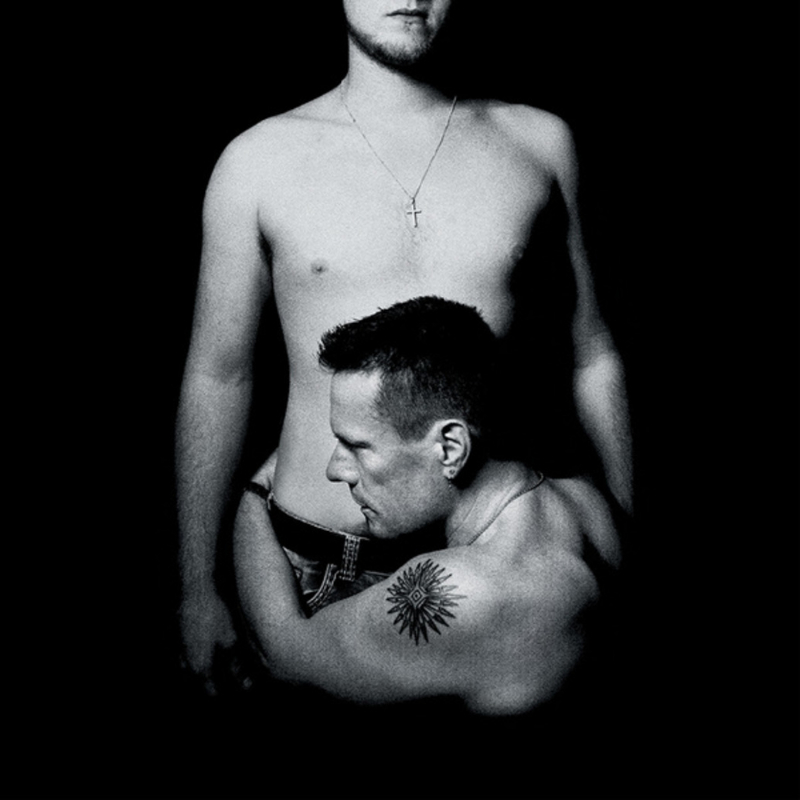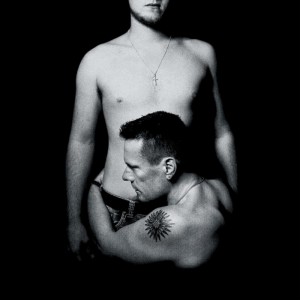U2 – Songs of Innocence

Last month more than 500 million iTunes customers saw U2’s latest release Songs of Innocence automatically appear in their iTunes libraries without consent; the result of a deal with Apple in which U2 were paid by the company and the album was “given away for free”. This was the digital equivalent of Bono showing up at your door unannounced, pushing signed press shots of himself through your letterbox then ringing the bell repeatedly to ask if you’d like to shake his hand.
without consent; the result of a deal with Apple in which U2 were paid by the company and the album was “given away for free”. This was the digital equivalent of Bono showing up at your door unannounced, pushing signed press shots of himself through your letterbox then ringing the bell repeatedly to ask if you’d like to shake his hand.
Distribution aside, this release is the latest in a string of U2 records that err on the side of blandness and is potentially their most manufactured, market-researched project to date. The DNA of the album is mostly made up of pacey, tension-building verses that swell and burst into choruses that shoot for anthemic but fall short due to being too eager to tick the U2 chorus box – too vacuous to be rousing.
The merits of the album are generally what you might expect from U2; the production is high and The Edge provides some satisfying hooks. Most of the songs, though, are so forgettable that they instantly dissolve from memory even after multiple listens, the exception being Sleep Like a Baby Tonight – led by rippling synths, the song unfurls gradually in a languorous haze and is allowed space to develop naturally. The choice of Lykke Li as a guest vocalist on The Troubles is possibly a lunge at engaging with a more contemporary audience, however her part in the track doesn’t compare to any of her own material.
The majority of the tracks feature incredibly vague lyrics: the logic presumably being that by leaving things open-ended they can reach a broader audience than ever before. The lyrics in Volcano are especially inane and come off like something from a school rock opera devised by a deranged music teacher (listen to it and picture Jack Black surrounded by faux-hawked 12-year-olds, making devil horns while crooning “you are rock and roll, you and I are rock and roll!” and “volcano, something in you wants to blow”)
Cedarwood Road is one of the few tracks where it feels like Bono is singing about something real; he laments “It was a warzone in my teens, I’m still standing on that street”, making clear reference to the conflict in Northern Ireland where the band grew up. This theme tenuously peppers the album but has already been extensively covered in the band’s repertoire, including their much earlier releases, which sadly they seem set to never equal.
Steve Mallon
Songs of Innocence was released on 9th September 2014, for further information or to order the album visit here.
Watch the video for Invisible here:
























Facebook
Twitter
Instagram
YouTube
RSS